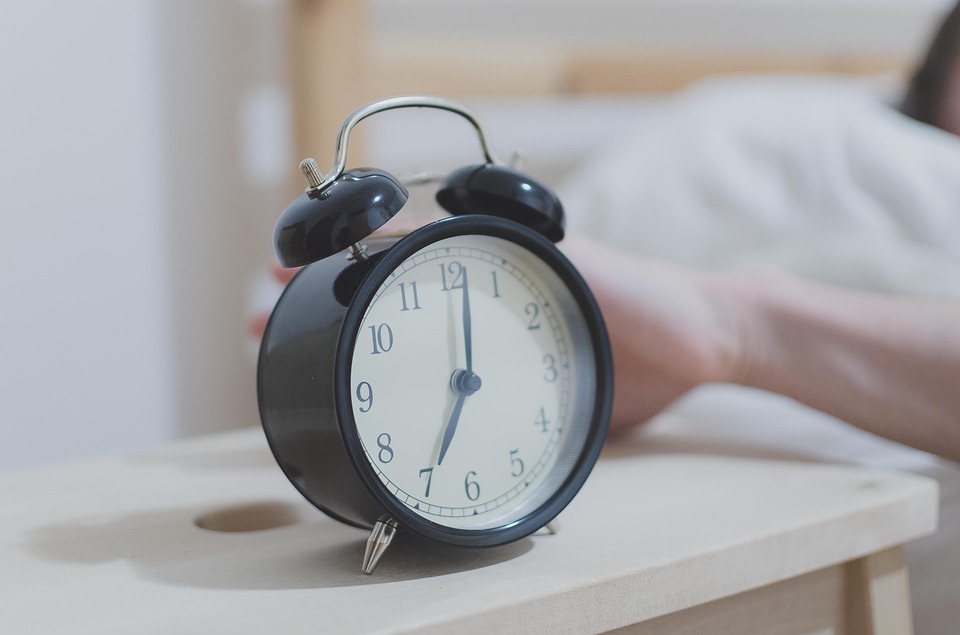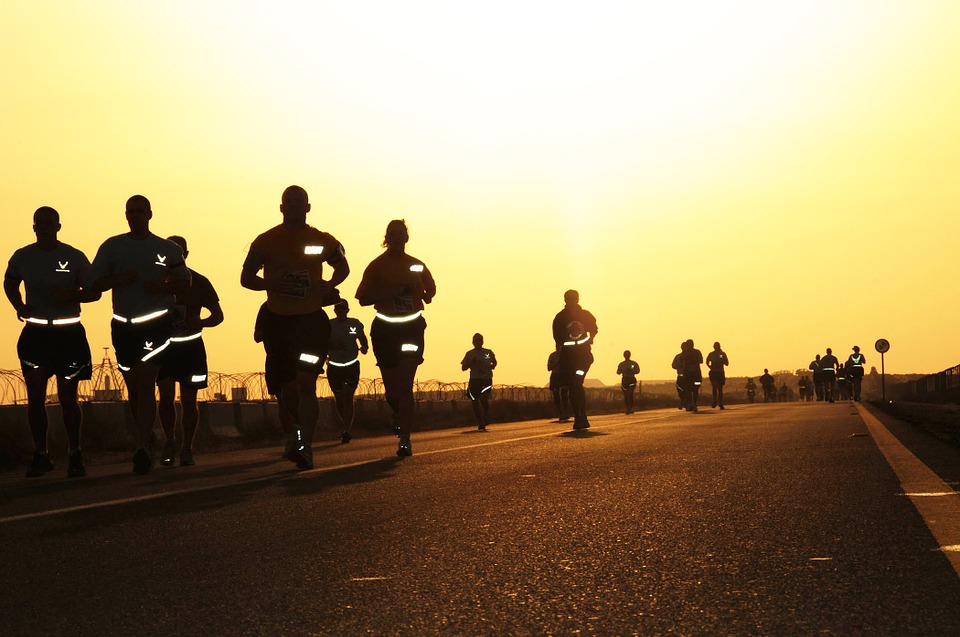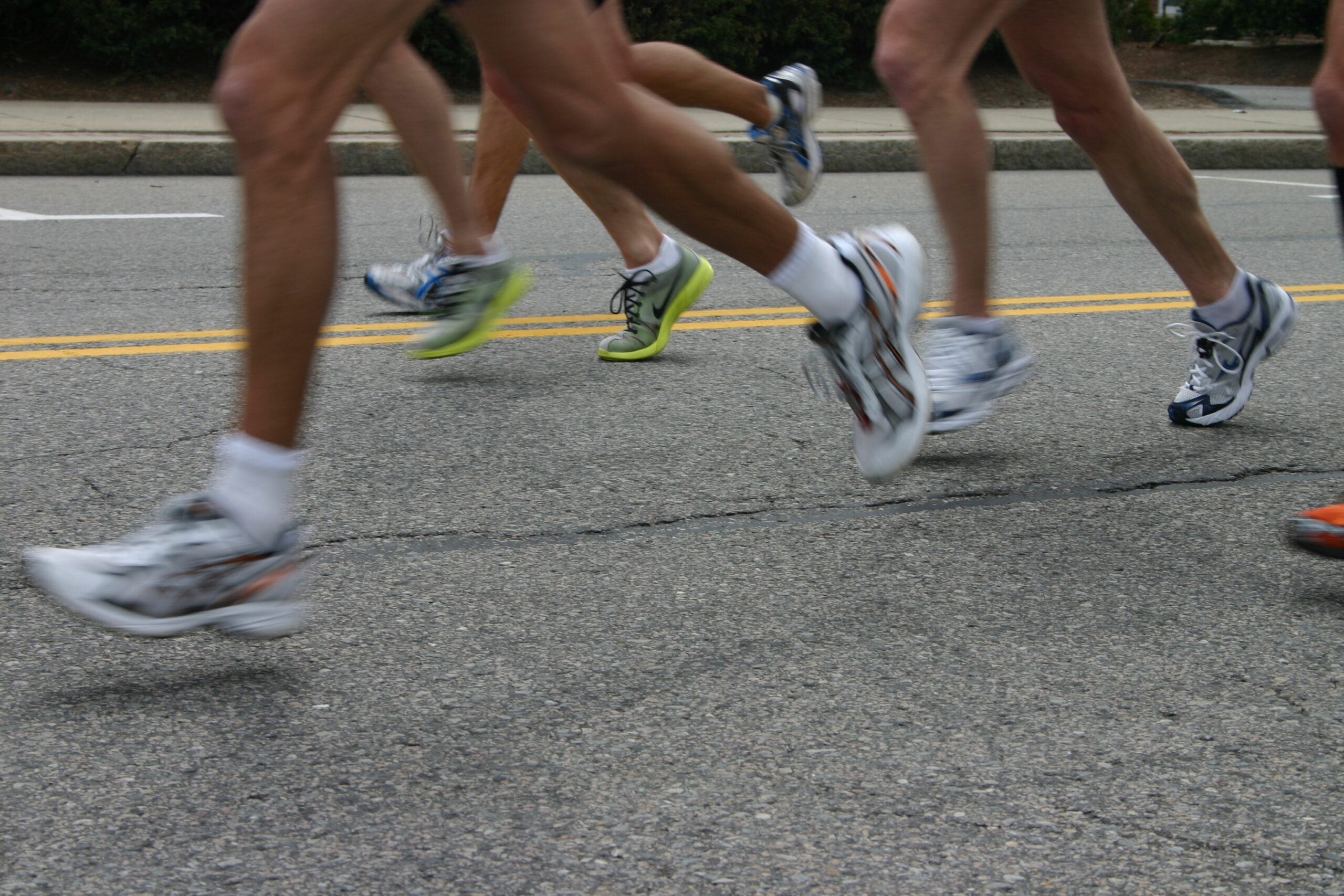Why Do I Ache More in the Morning?
Hi and welcome to the Mohsin Salya blog.
It’s a common complaint when you’re a runner that you ache more the morning after than at any other time. You may be able to fall asleep fine – good, even, if you’ve worked out or been on a run – but you wake up and have great difficulty getting out of bed. You find that everything hurts in the morning, even if you’ve had a good rest.
Why is the pain worse when we wake up?
According to a new University of Manchester study published in the journal of the Federation of American Societies for Experimental Biology, it’s all down to inflammation. It turns out our bodies seem to suppress inflammation when we sleep, leading to worse pain when we wake up and the inflammation is ‘turned back on’.
Patients of Rheumatoid Arthritis, an inflammatory disease, have long known that their symptoms can vary throughout the day, with many suffering from greater joint stiffness upon waking. However, little is known about how our circulation rhythms – our inner clocks that tell us when to go to sleep and when to wake up – control this pain.
“At night time, those inflammatory markers go down but gradually rise up again in the morning,” says University of Manchester researcher and study author Julie Gibbs, PhD.
How can I prevent aching after running?
The most obvious way you can limit the aching and stiffness the morning after a run is to ease into your training, and ramp up your training workload slowly. For example, your first run after time off should be very short and moderate intensity. It should be no longer than 20 minutes, and be light enough that you are able to hold a conversation throughout it. Even if you feel you are capable of much more, you need to resist the temptation.
You also need to resist the temptation to increase your training workload aggressively after that first workout has been completed. No matter how fit you are, a run that is significantly longer or more intense than those you are used to will cause significant aching. There’s nothing wrong with increasing your training, but just make sure you do it slowly. The key is to make sure your workouts are never more than slightly tougher than the previous one.
Until next time,
Mohsin Salya




